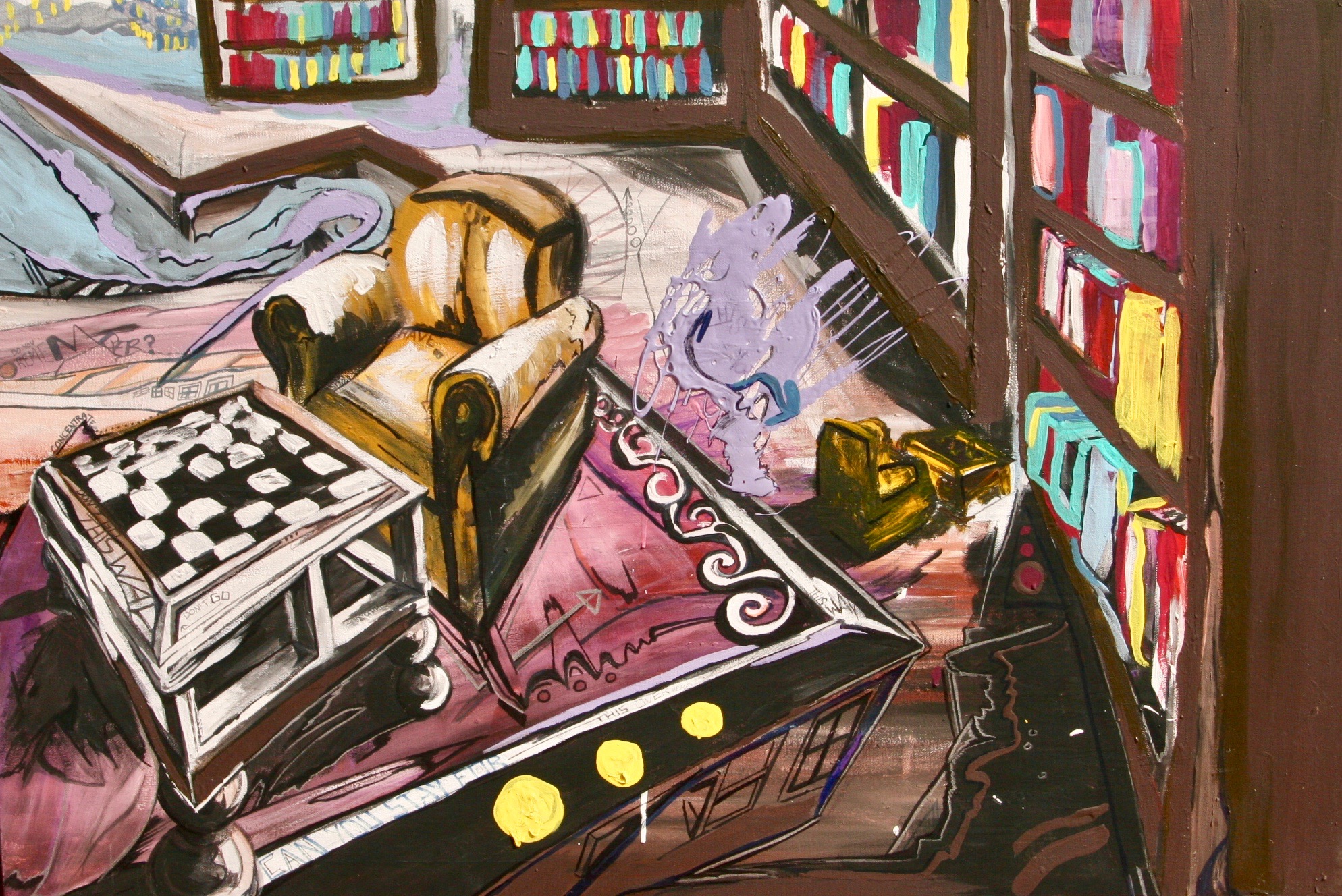Marjorie Maddox
This Time, Not Prom
"Shopping—she hates it!" the teen told her boyfriend's mother.
"Will you take me?" She was not the mother. The real one
cried two weeks (a month?), the glitzy milestone almost-stolen.
That role was hers: to gift a gown extravagantly pretty, to glimpse
the joy.
The not-mother said she would take her. Would she?
Failure: a sequin dress not chosen with the real mother there. Hurt—
that was hers: to not gift a gown extravagantly pretty, not glimpse
the joy.
Finally, the other woman saw this, stepped back, recognized
what felt like failure/hurt: a sequin dress not chosen with the real
mother there.
There would be other firsts—jobs, marriage, children—but they felt
far away.
Finally, the other woman saw it, stepped back, recognized
what was not hers to want or give: an unrepeatable gift of time.
There might be other firsts—jobs, marriage, children—but they felt
far away.
Eventually, they'd arrive. The mother didn't shop herself; this was
not that.
Time was hers to want and give, unrepeatable gift of memory.
Later, the young woman asked the real mother, "Will you take me?
I don't shop myself. But this is not that. I want to be together."
So they arrived.
"We're shopping memories," the young woman told her boyfriend
and his mother.
Later, the woman and her mother laughed, "That was painless.
Shall we shop again?"
This was theirs to give: to gift a memory, to glimpse the changed
offerings of time."
Memphis
With cameras on, they aim their fists. He screams,
"What reason?" He pleads. The armed men explain
nothing. They are the law. Their actions need
no meaning, no spoken explanation
of the rage that beats and pounds. The others
stand in silence—or worse—look down, chit chat
about the latest game. He calls, "Mother!"
Someone props him up, snaps a pic. Like that
a man becomes a corpse. Three days: he's dead.
No rising from the blood. The ones who swore
to guard and serve—just murderers instead.
They claimed he fled. The watching cameras bore
another story. Even so the men
cite innocence. And here we are again.
Also appearing in And Who Is My Neighbor? St. Andrew's Episcopal Church 2024 Poetry Contest Anthology (July 2024).
|
|
 |
 |
|
|
|
 |
| Anna Lee Hafer is a studio artist based in the Philadelphia area whose work is heavily influenced by such famous surrealist painters as René Magritte, Salvador Dali, and Pablo Picasso, all of whom strove to build their own realities through small glimpses into a particularly confusing, but utterly unique worldview that dictates its own specific set of instructions. With references to the laws and physics of Alice's Wonderland, the artist challenges the audience's inherent understanding of perspective, reality, and universal order.
In her work, Hafer pours and layers paint to create dimension and texture, mixing different styles and colors onto each other until they produce a 3D effect. Through marker and pencil that create shadow, she further enhances these forms and separates them from the background. Heavier layers and thicker brushstrokes in the foreground of her work push the painting toward the viewer, whereas the thinner layers and small brushstrokes in the background, elongate the space and push away from the viewer. By juxtaposing interior and exterior elements, Hafer makes the audience question whether they are looking at something inside or outside.
For additional information, please visit www.hafer.work.
|
|
|
|
|
|
 |
|
 |
|
|
|
|
